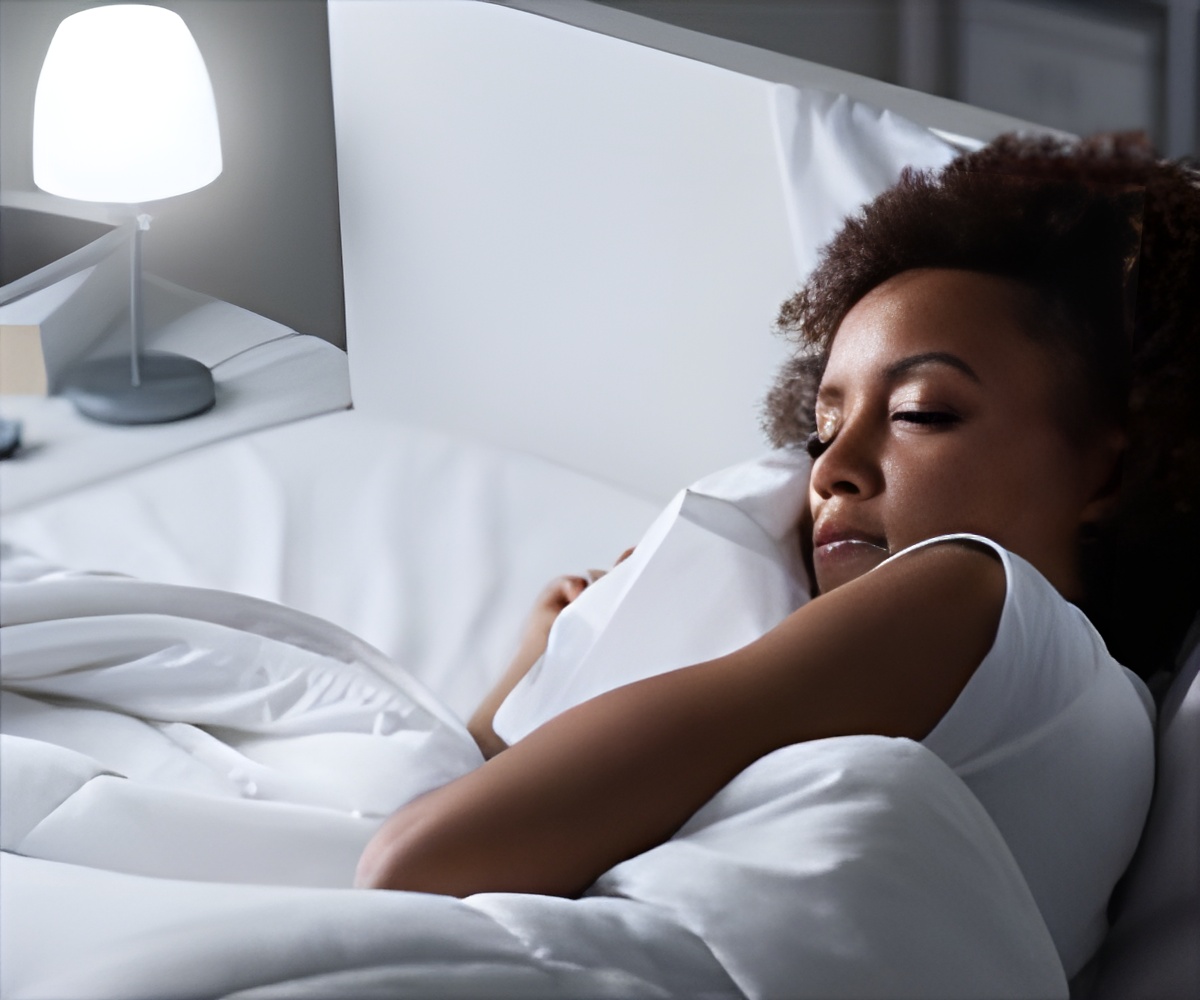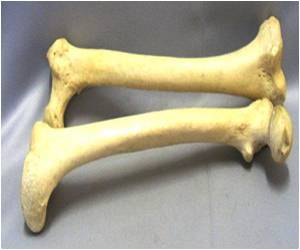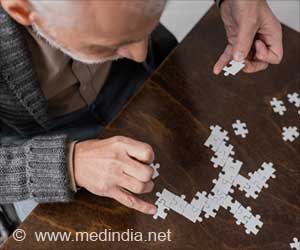Insufficient sleep may impose a negative emotional bias, leading to an increased tendency to evaluate emotional stimuli as negative, stated researchers.

"Insufficient sleep may impose a negative emotional bias, leading to an increased tendency to evaluate emotional stimuli as negative," said study lead author Daniela Tempesta from University of L'Aquila in Italy.
According to the researchers, 42 participants were selected and were tested the morning after five nights of regular sleep and after five consecutive nights of sleep restriction.
During the test, participants evaluated valence and arousal of 90 images selected from the 'International Affective Picture System'.
The participants perceived pleasant and neutral pictures in a more negative way when their sleep was restricted for several nights in a row.
The results provide the evidence that an inadequate amount of sleep for five consecutive nights determines an alteration of the evaluation of pleasant and neutral stimuli, imposing a negative emotional bias.
Advertisements
"Considering the pervasiveness of insufficient sleep in modern society, our results have potential implications for daily life, as well as in clinical settings," Tempesta noted.
Advertisements















